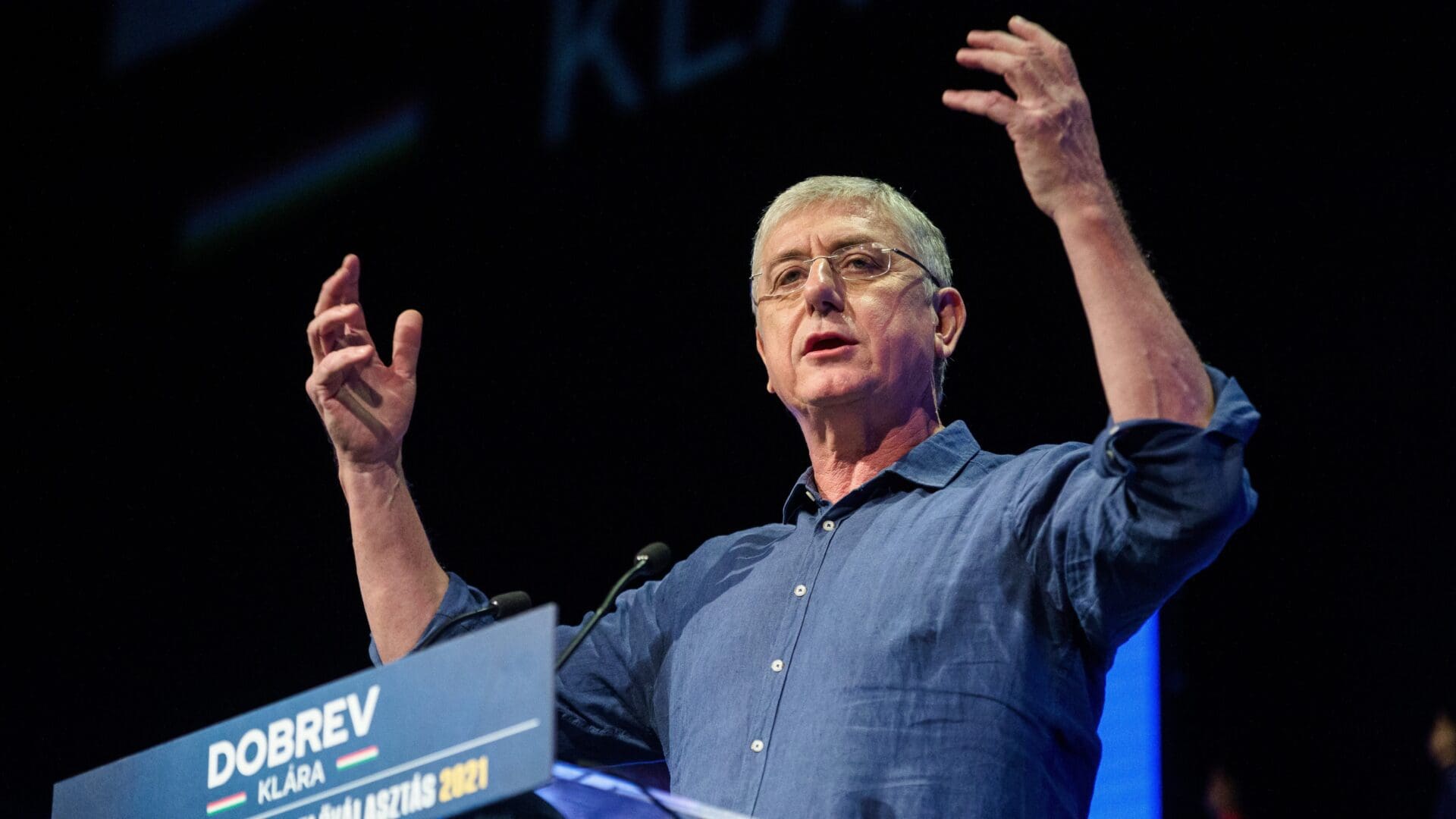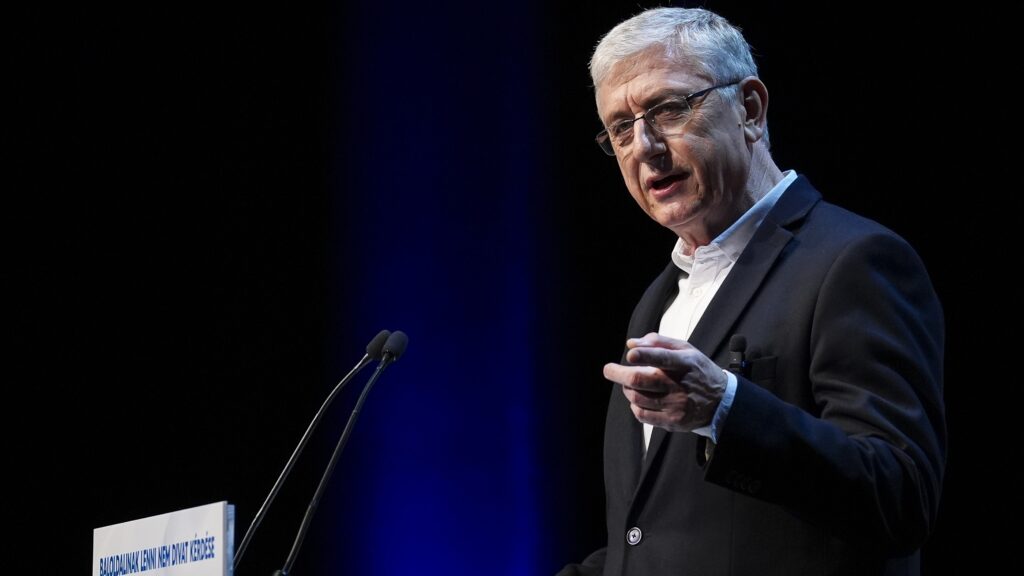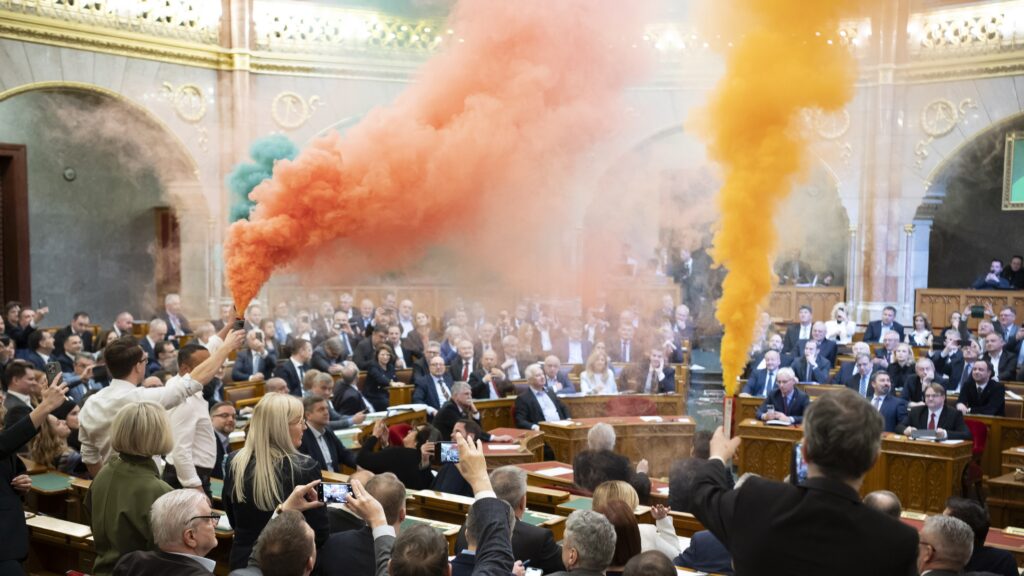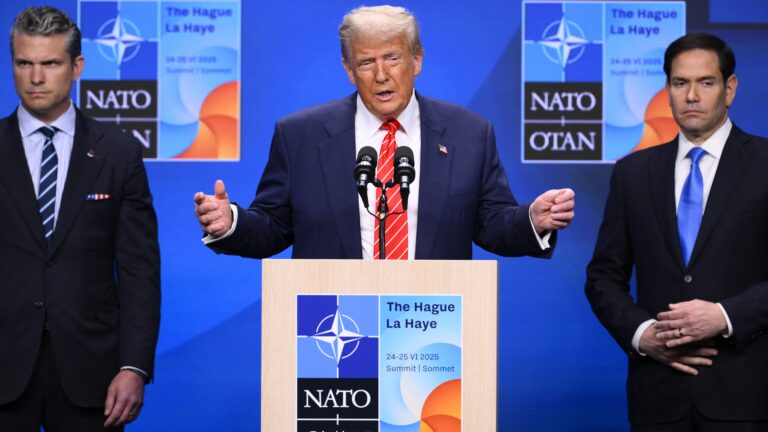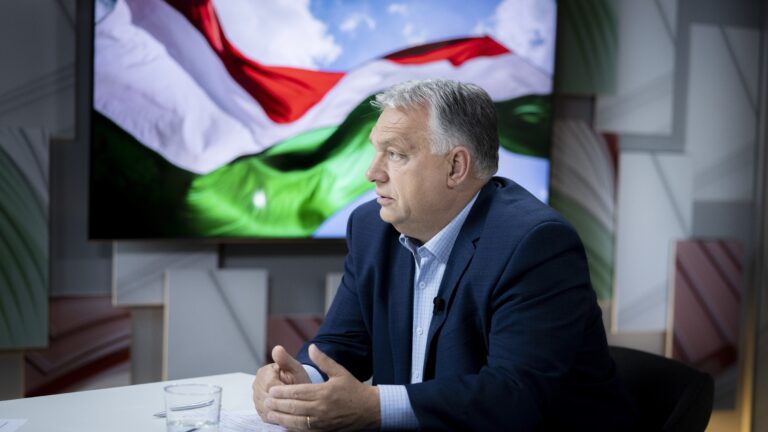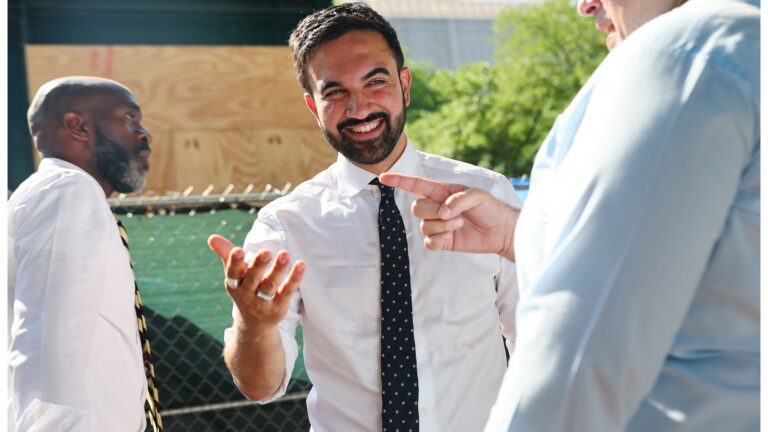Since the last national election in April 2022, a large number of opposition politicians have switched parties. The left-wing Democratic Coalition (DK – President: former Hungarian Prime Minister Ferenc Gyurcsány, shadow Prime Minister: Klára Dobrev, Gyurcsány’s wife) was the recipients of most of the newcomers. DK seems to take pride in its ability to convince politicians from other opposition parties to join its ranks: at the DK party congress earlier this February, the newcomers were personally welcomed and applauded. The significance of party transfers is that DK openly aspires to become the largest opposition party in Hungary. As a consequences DK is not only willing to accept anyone—even former members of radical Jobbik—to its party, but is also believed to use coercion to force politicians to join its ranks. DK has even been accused of offering extra benefits or if needed, threatening politicians with creating extra competition for those reluctant in the next election unless they join DK. DK denied all accusation and argued that the new members joined the party voluntarily.
The Curious Case of Jobbik Politicians
As the once radical right wing Jobbik party is now in decay many of its former party members flee the sinking ship. Two of the most recent additions to DK are Miklós Révész and Szabolcs Szilágyi, municipal representatives from the city of Miskolc who left Jobbik to join the Democratic Coalition. These lesser-known local representative were not the only ones who decided to leave their old alignments behind. The former Vice President of Jobbik, János Stummer, who had been a Jobbik member since 2009, also decided to radically transform his political orientation when he joined Momentum (arguably Hungary’s most liberal party) in November 2022. János Stummer had even run for the post of Jobbik president before joining Momentum, but lost to Péter Jakab, gaining only 27.8 per cent of the votes. Stummer’s past in Jobbik should certainly put a question mark over his dedication to Momentum’s liberal agenda. The radical shift from right to left alignments present these former Jobbik politicians as rather self-interested,
motivated more by their career prospects then commitment to ideas that they believe have the power to make Hungary a better place.
Such radical ideological transformation also throws into doubt these politicians’ trustworthiness. If they are willing to sign up for a party that represents views the polar opposite of what they used to stand for, how can they be trusted to carry out a political programme?
DK’s Illusion About Old–New Faces
DK’s appetite for the established politicians of smaller and less successful opposition parties can be explained by the party’s inability to attract new people. While DK claims that since the last elections in April 2022 it has gained 900 new members and the ´reshuffled´ politicians are in the minority, this minority is the most visible one. In fact, no brand new faces have joined DK’s higher ranks lately. The lack of fresh blood was one of the problem of DK’s other recent projects, too. While the idea to set up a shadow cabinet was a novel one in Hungary, the people who made it into the cabinet are all seasoned political veterans, if not as successful as experienced. Had DK explained its 2022 electoral loss with the party’s unpopularity instead of blaming it on structural barriers, DK could have realised the importance of showing new, not yet discredited faces to voters. The power of new faces should not be underestimated as both LMP (Hungary’s Green Party) and Momentum could claim considerable successes in their early years as voters wanted to give newcomers a chance to poove themselves. DK seems not to understand the importance of fresh blood.
The party is still headed by one of the most scandal-torn Hungarian politicians, Ferenc Gyurcsány, who was forced to resign as prime minister well over a decade ago.
DK’s rigid fixation on old, established politicians (irrespective of their past party membership) reinforces its inability to attract untarnished figures, thereby conserving the party’s strong rejection by a significant part of the electorate.
Here is an approximate list of politicians who transferred to DK since April 2022:
- Ádám Sermer: Hungarian Liberal Party
- Alexandra Bodrozsán (Kecskemét): Momentum
- Béla Juhász (Sződliget): Momentum
- Dániel Székely: Momentum
- Tibor Déri: Momentum
- György Buzinkay: Momentum
- Olivio Kocsis-Cake: Párbeszéd
- Éva Erdősi: Párbeszéd
- Balázs Szűcs: Párbeszéd
- István Kenéz: Párbeszéd
- Attila Horváth: MSZP
- József Kopcsándi (Szombathely): MSZP
- Szabolcs Szilágyi (Miskolc): Jobbik
- Miklós Révész (Miskolc): Jobbik
While most politicians chose DK, Momentum also gained some new members:
- László Miskolczi (Szolnok): DK
- János Stummer: Jobbik
- Attila Pálmai: Magyar Kétfarkú Kutya Párt (Two-Tailed Dog Party)

